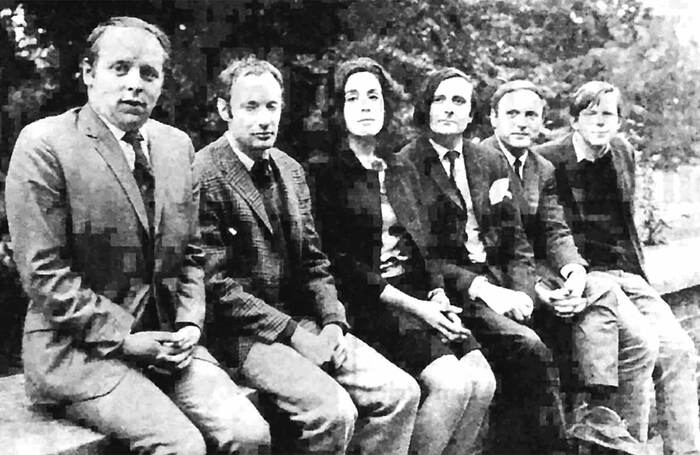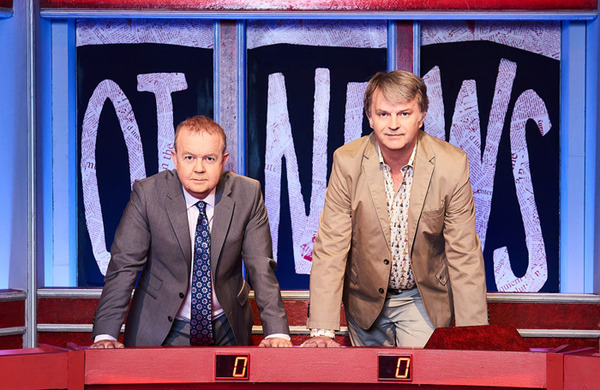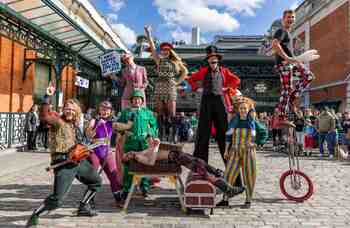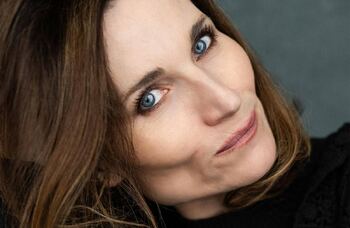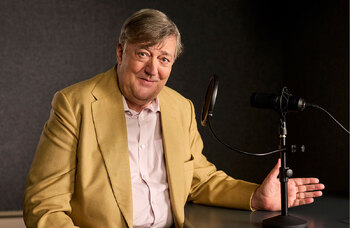John Bird
Change-making British satirist on stage, screen and script, and a former associate director at London’s Royal Court
John Bird came to prominence at the height of the 1960s satire boom, and remained a potently mischievous presence, delighting in pricking political pomposity and lacerating Little Englander idiocy on television and radio over the next six decades and more.
His early career was marked by his association with a generation of Oxbridge graduates who gleefully reshaped British comedy by challenging their elders’ hidebound ways in a political landscape still in thrall to assumptions of imperial privilege, even as the Empire faded and crumbled around them.
It ended with an Indian summer during and after the dog years of Thatcherism with a memorable, long-running television collaboration with his friend from Cambridge years, John Fortune, and impressionist Rory Bremner, who remembered him as “one of the most modest of men and most brilliant of satirists. And one of the last surviving pillars of the anti-establishment”.
Born in Bulwell, Nottingham, despite failing his 11-plus exam, Bird found his way to Cambridge University, where he studied English and became a prominent figure in the Footlights as a performer and director, steering its Last Laugh revue to the Cambridge Arts Theatre in 1959.
Directing proved the greater initial allure, an ambition that led to his becoming assistant and subsequently associate director at London’s Royal Court for four years. There he managed to entice Lotte Lenya back to London after a 30-year gap for George Tabori’s Brecht on Brecht in 1962.
Although he would continue to direct, acting became the mainstay of Bird’s career, fired by success in Peter Cook’s Establishment Club, the London home to what The Stage described as “cabaret for eggheads”.
Bird returned to the stage throughout his career, often accompanied by fellow Oxbridge alumni in regional and London theatres, and just as often in comedies by the likes of Keith Waterhouse and Willis Hall, Michael Frayn, Tom Stoppard and NF Simpson, in whose One Way Pendulum he was seen in at London’s Old Vic in 1988.
But it was on the small screen that Bird made his indelible mark. He refused producer Ned Sherrin’s invitation to host That Was the Week That Was, recommendin instead David Frost, and despite having gifted the groundbreaking programme its title, Bird continued to write for it and its successor, Not So Much a Programme, More a Way of Life, in the first half of the 1960s.
Later in the decade, he fronted two eponymous shows – A Series of Bird’s (1967) and With Bird Will Travel (1968) – that pushed the boundaries of television and political mores with characteristically satiric devilment.
Notable ‘straight’ acting roles included Dennis Potter’s semi-autobiographical, nostalgia-laced Blue Remembered Hills (1979), in which he played a seven-year-old in an ensemble that included Helen Mirren, Michael Elphick, Colin Jeavons and Colin Welland. In Andrew Davies’ A Very Peculiar Practice (1986), he was perfectly cast as a university vice-chancellor keenly capitalising on the Thatcherite commercialisation of higher education.
More recently, first on radio, then on television, he excelled as the self-aggrandising barrister John Fuller-Carp in the legal comedy Chambers, and partnered with Stephen Fry as co-owners of a biddable government-funded media relations company in Absolute Power.
For audiences who weren’t there or no longer remember the 1960s, Bird will be best known for his irreverently understated TV routines with John Fortune, often largely improvised, mocking the lacklustre politics and ineffectual politicians of a country in denial of its decline as the last century metamorphosed into the present.
The two enjoyed a spell in the limelight as The Long Johns and were an essential component of Bremner’s shows until the trio’s swansong, Bremner, Bird and Fortune, which interrogated the causes and consequences of the 2008 financial crash.
A recipient of two BAFTA awards – in 1966 and shared with Fortune in 1997 – in later years, Bird was a patron of Surrey’s Mole Valley Arts Alive festival.
He was married three times: to the US ambassador to Ireland’s daughter, actor Ann Stockdale (1965-70); the television presenter Bridget Simpson (1975-78); and concert pianist Libby Crandon, who died in 2012.
John Michael Bird was born on November 22, 1936, and died on December 24, 2022, aged 86. He is survived by his stepsons, Dan and Josh.
Latest Obituaries
Most Read
Across The Stage this weekYour subscription helps ensure our journalism can continue
Invest in The Stage today with a subscription starting at just £7.99
